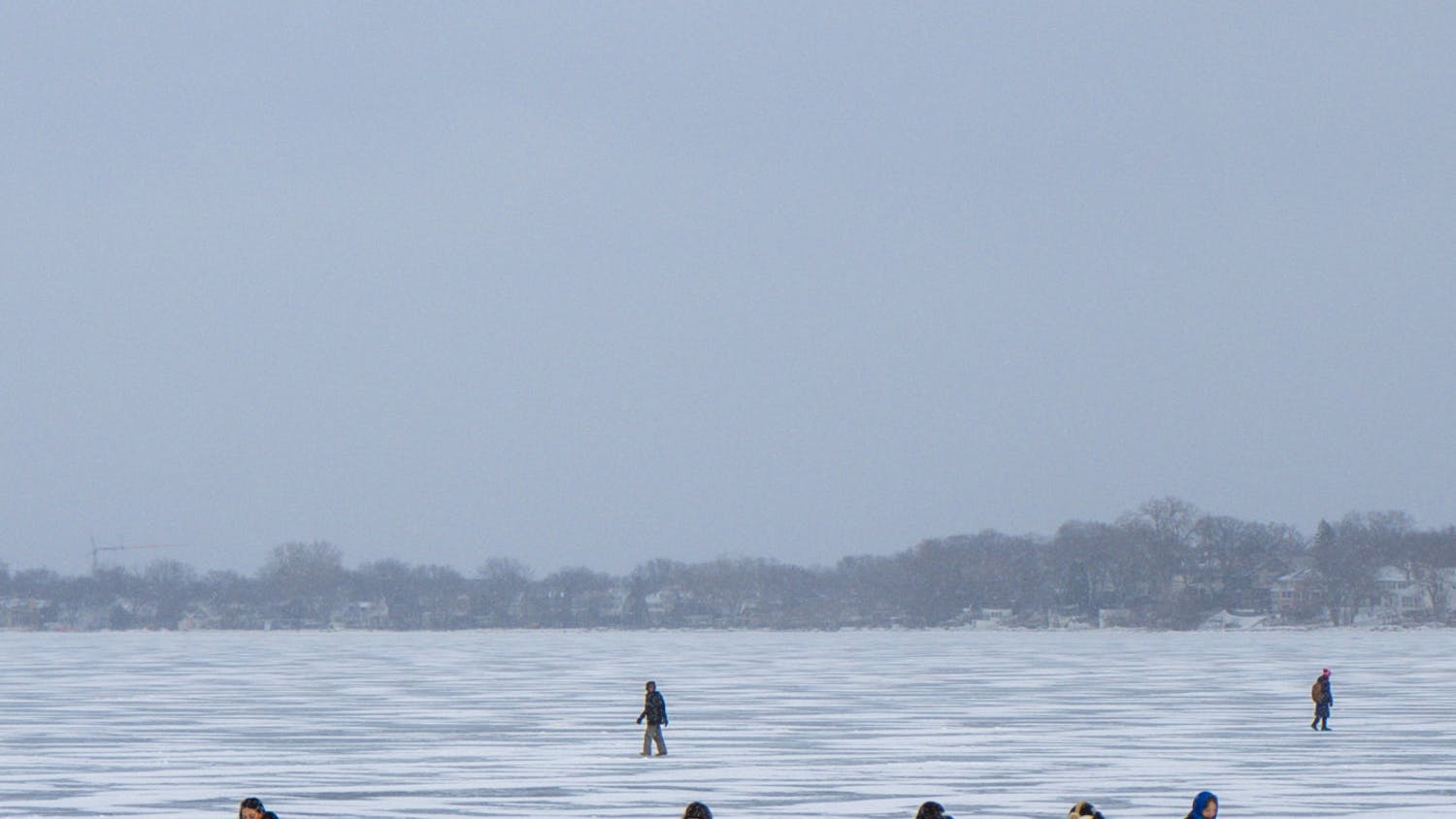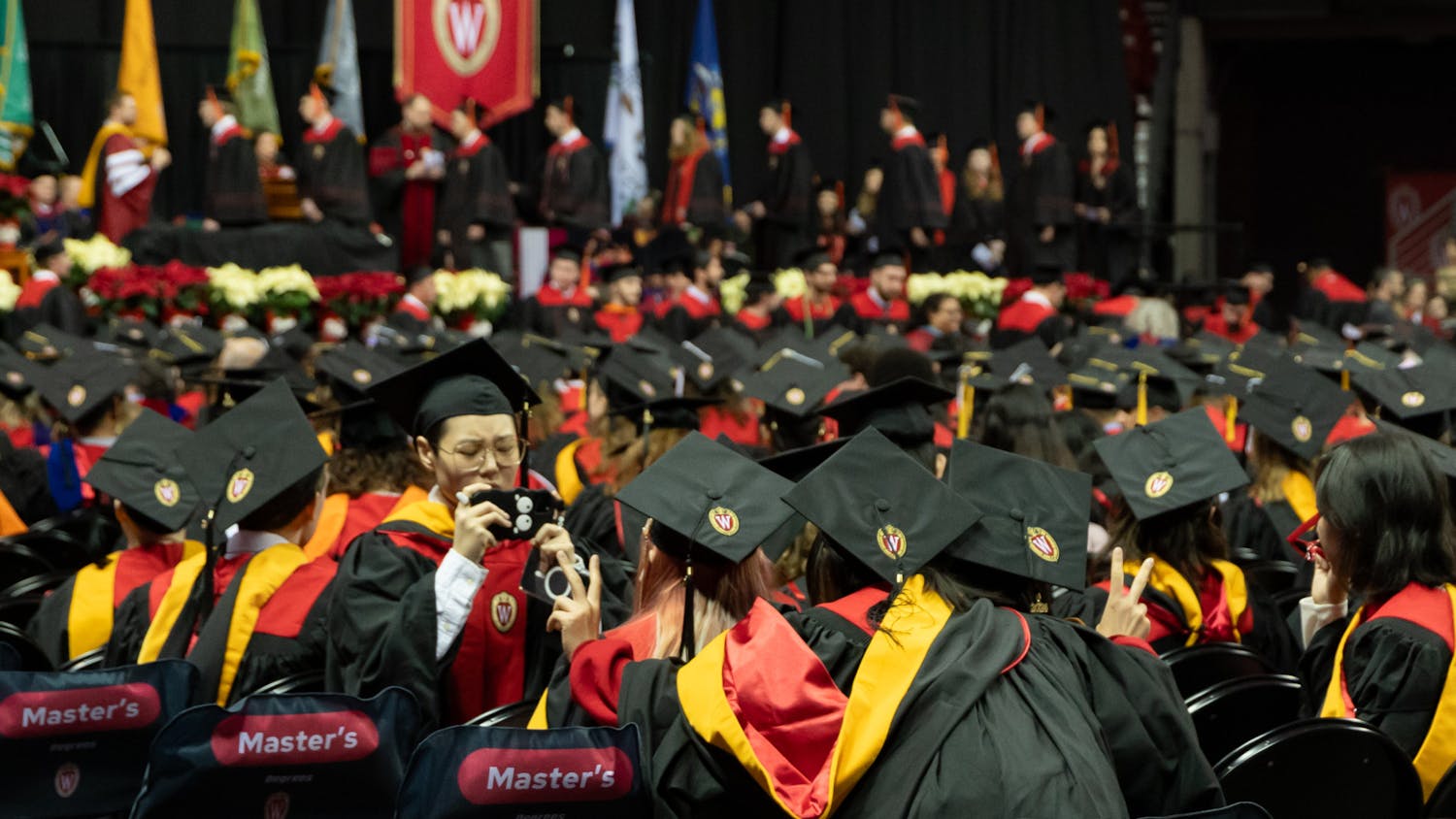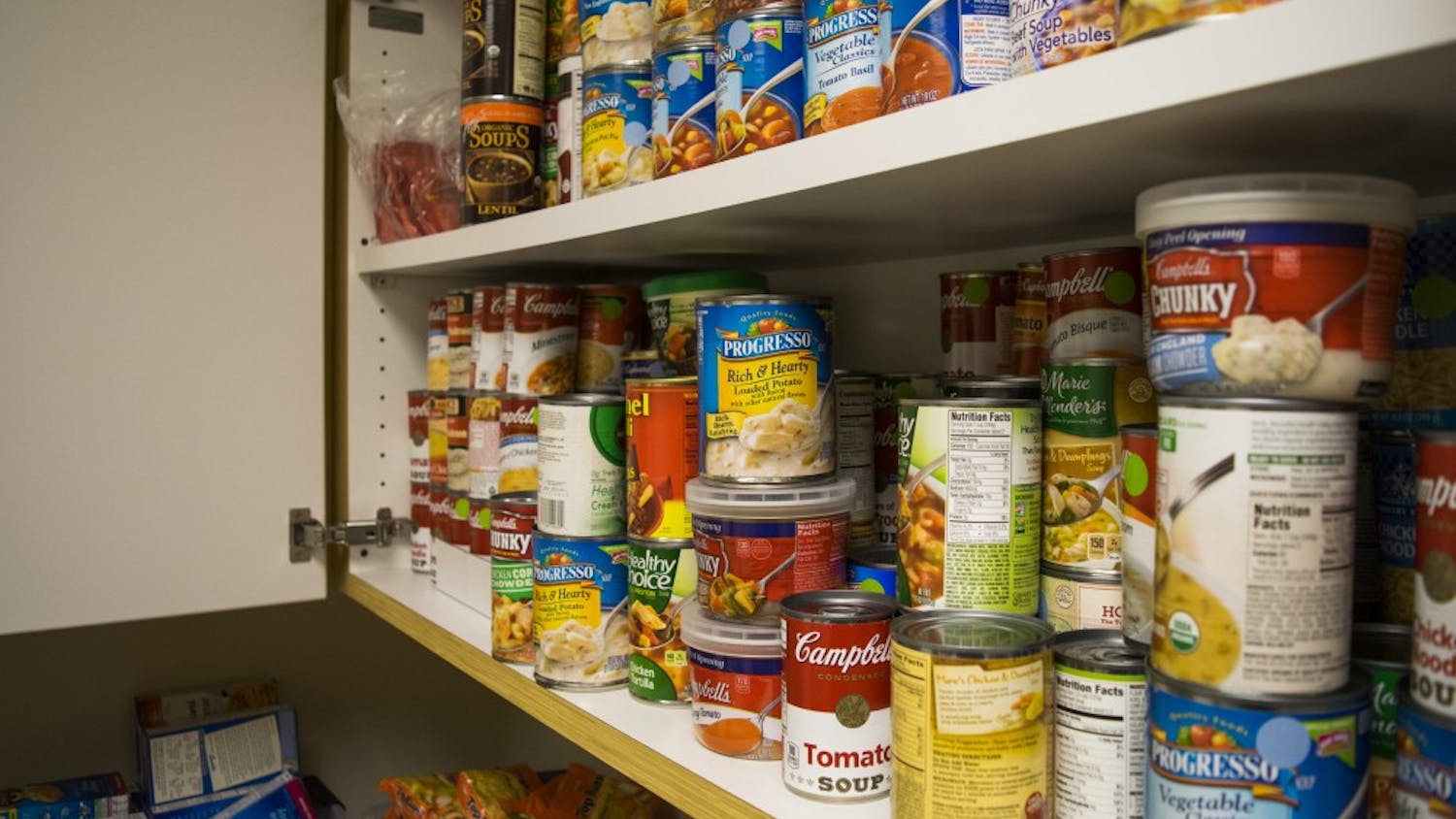Frequently at UW-Madison, campus newspapers inundate students with environmental causes and concerns. Many of us just glance over the article because we are quite aware of global warming and pollution, and wince at the thought of another didactic reading.
What if there was a happy medium between the abstract environmental information and the poor college student? Indeed, such an intermediary does exist, and you can save a lot of money while concurrently saving the Earth.
Electricity and heating are two major utilities you can drastically reduce with very little effort. Making your car more fuel-efficient can also save money over a summer. Not only will you have more cash to spend on soda, juice and other non-alcoholic beverages, but you will also have done your part to make this a more sustainable Earth.
Heating in the winter can be very costly both for you and the environment. Heat loss through windows accounts for 35 to 40 percent of your home's overall heat loss. A heating bill for an entire winter—especially a Wisconsin one—can easily surpass $500.
For almost all students, it is not economically feasible to replace old windows. An inexpensive way to reduce heat loss is to place plastic wrap over problematic windows. If the plastic cuts the heat loss through windows in half, you could easily save $75. The simple application of plastic is easily removed once it gets warm outside, assuming summer will indeed come to Wisconsin.
Another important area of energy inefficiency can be seen on your average electricity bill. Over half of most utility bills come from electricity and, of that half, 25 percent is spent on lighting. You can save money by turning off appliances—especially computers—and lights when they are not in use.
Also, by replacing incandescent light bulbs with compact fluorescent light bulbs, you can save 200 percent on lighting costs. The compact fluorescent bulbs are slightly more expensive but last significantly longer and provide the same quality of light. Over the summer, savings could reach $100 just by switching to these Earth-friendly bulbs.
Although many renters have utilities included in their monthly rent, this does not mean these suggestions are irrelevant. Consider discussing ecological and economically friendly changes in your apartment, and in return, potentially lowering your monthly bill.
Many landlords would like to provide more sustainable options if presented with the opportunity. As an added bonus, your roommates will certainly be happy with you for a lower utility bill.
Any college student today would agree that the price of gas is insane. Equally insane is the carbon dioxide emissions released into the atmosphere. What are we to do then, when we have infamous and inevitable road trips looming ahead of us? There are three easy actions you can take to make your vehicle a lot more efficient.
Replacing the air filter is the first thing, and it is an inexpensive part. Making sure your tires are properly inflated is also significant because flat tires can greatly lower gas mileage. Finally, make sure you use the vent as much as possible. Air conditioning uses a lot of energy, and open windows greatly reduce the aerodynamics of a car.
All of these small changes put together can make a big impact on your car's total gas mileage. If you were to increase from 20 miles per gallon to 25 miles per gallon, a student could easily save 20 gallons of gas over the summer.
All of the aforementioned suggestions are very cheap and easy to implement. A few compact fluorescent bulbs and some plastic wrap will not set you back very much cash and, as a result, implementation will save you much more than you spent.
Preparing your car for summer will also cost you relatively nothing. Clearly, it is not that challenging to be good to your wallet and the environment. With all the leftover money, you can buy as much carbonated soda or juice as your heart desires.






